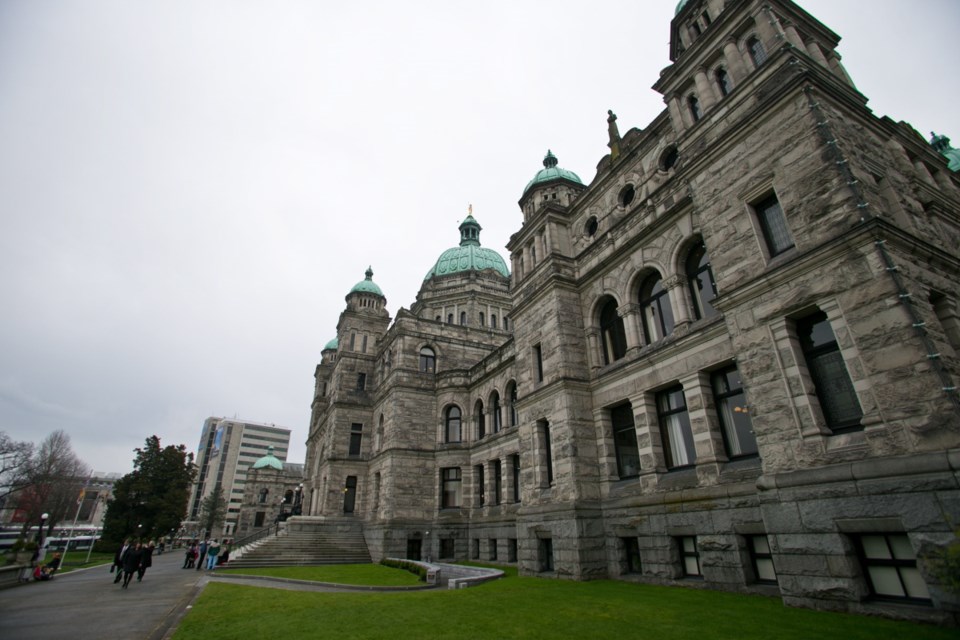The B.C. government should hold hearings into the unauthorized experiments done on malnourished children at Indian residential schools in the 1940s and 1950s, the Opposition NDP said Thursday.
Aboriginal relations critic Doug Donaldson called on the government to reactivate its aboriginal affairs committee to investigate the experiments done at the residential school in Port Alberni.
The committee would hear evidence about the experiments and investigate whether similar tests were done on students at other residential schools across the province, he said.
“It’s an absolutely repugnant example of biomedical experimentation on children without their approval or their parents’ approval,” Donaldson said.
“When you see something like that, I don’t think that it’s good enough just to say, ‘That’s a federal issue,’ or, ‘That’s not within provincial interests.’ ”
Last year, food historian Ian Mosby said he had discovered research showing that aboriginal children on northern Manitoba reserves and at six residential schools across Canada were used in experiments between 1942 and 1952.
According to Mosby, children at the Alberni Indian Residential School on Vancouver Island were refused dental care — an effort to allow government employees to see the effect of an improper diet on children’s health. The children also received eight ounces of milk a day, instead of the recommended 24 ounces.
Donaldson said Mosby’s findings are compounded by the fact that the Truth and Reconciliation Commission has reported that more than 4,000 children died at Indian residential schools across the country.
“A major contributing factor was malnourishment, and we know that food was purposely kept from children,” he said. “I think it just amounts to a lot of uncertainty, a lot of angst and a lot of hurt. I think going into this legislative session, we can ask the minister to consider activating the committee. It’s just the timely thing to do and the right thing to do.”
B.C. Aboriginal Relations and Reconciliation Minister John Rustad was unavailable for comment. His office issued a statement noting that the B.C. government did not run or administer Indian residential schools, which were set up by the Canadian government and administered by churches in order to assimilate aboriginal people.
“The B.C. government’s continuing goal is to work together in partnership with aboriginal people to achieve strong governments, social justice and economic self-sufficiency for indigenous people — a goal that is beneficial to all British Columbians,” the statement said.
In a letter to Rustad, Donaldson said that assigning a standing committee to investigate the issue would demonstrate the government’s “desire to pursue reconciliation with aboriginal people in this province.”
He said the committee could hear from experts, hold hearings and receive submissions from the public and aboriginal groups. It would also have the ability to travel within the province to gather evidence, he said.
The aboriginal affairs committee has not been active since 2001, when it was used to discuss a referendum on treaties, Donaldson said.



